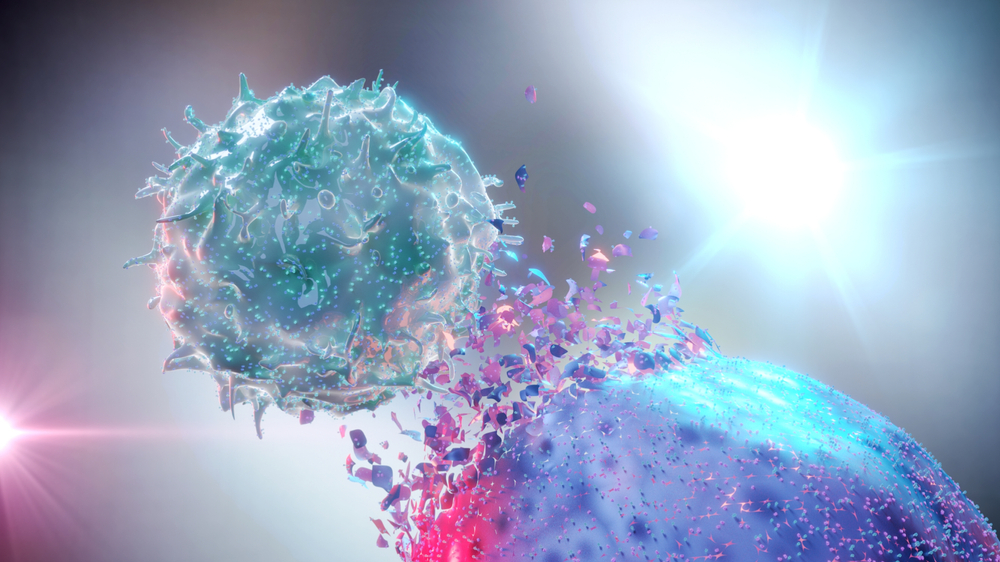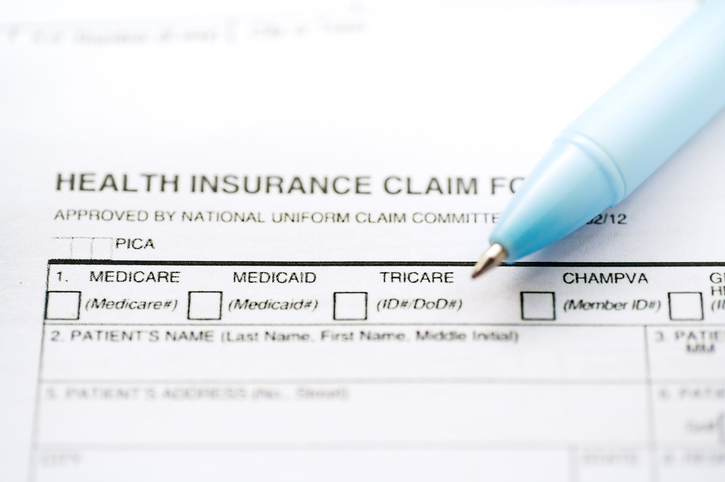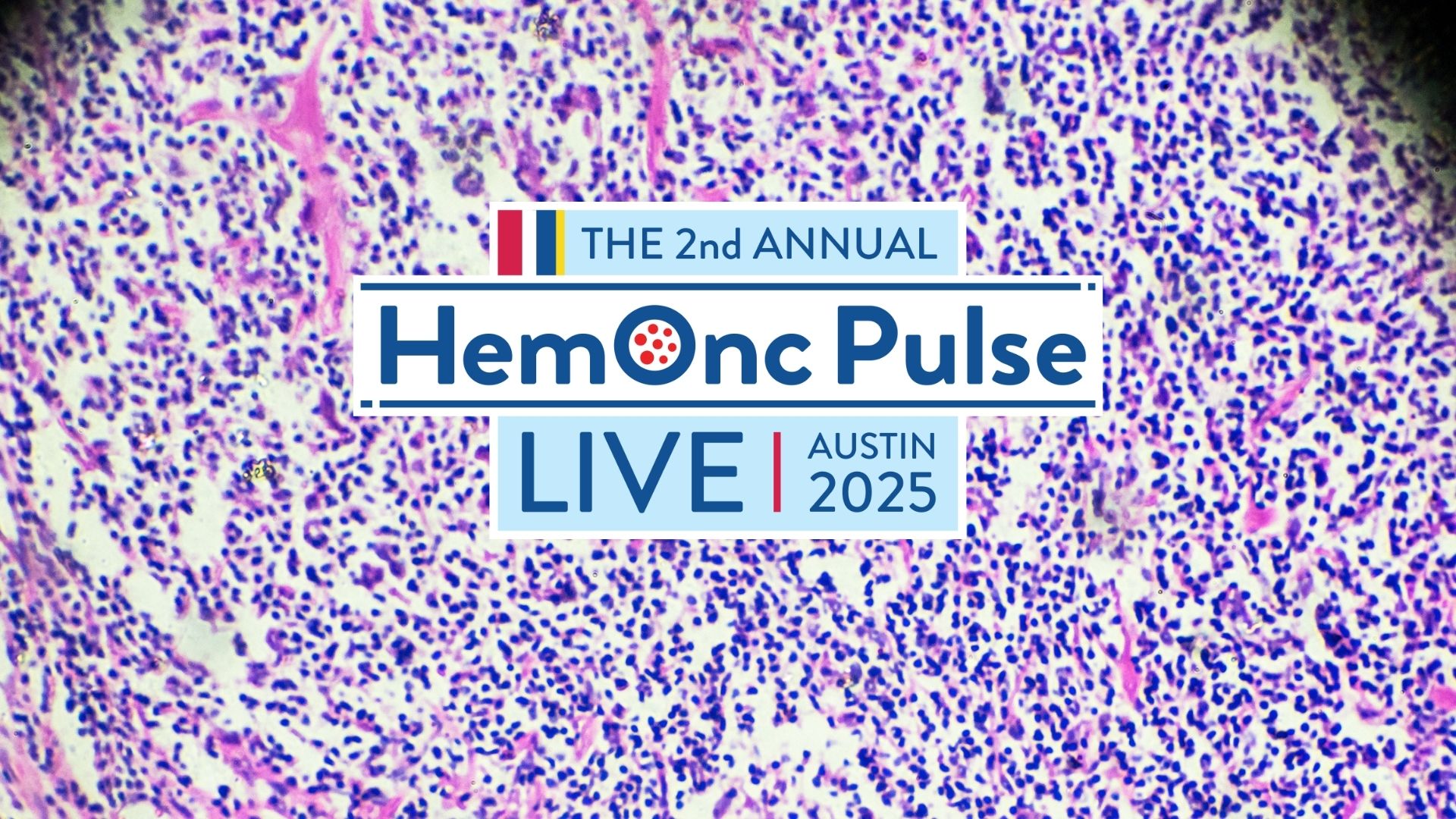
Patients with relapsed or refractory CD30-positive lymphoma treated with natural killer (NK) cells derived from cord blood that were activated and complexed with a CD30/CD16A bispecific antibody had an 89% overall response rate, according to a phase 1/2 study presented at the AACR Annual Meeting 2022.
“We were favorably surprised by the quality of tumor responses in patients who had resistant lymphomas, some of whom were in a very poor condition at enrollment,” study researcher Yago Nieto, MD, PhD, a professor of medicine in the Department of Stem Cell Transplantation and Cellular Therapy at The University of Texas MD Anderson Cancer Center, said in a prepared statement.
The current standard of care for relapsed CD30+ lymphomas is brentuximab vedotin; however, not all tumors respond.
In this study, Dr. Nieto and colleagues used a bispecific antibody that binds to CD30 on lymphoma cells and CD16A on NK cells. The antibody, innate cell engager AFM13, acts as a bridge between the two cell types, helping the NK cells more effectively fight the cancer.
In previous research, it was found that linked AFM13 to cord blood-derived activated NK cells prior to infusing them into mice was more effective that treating mice with AFM13 or the unlinked NK cells alone.
In this study, Dr. Nieto and colleagues recruited 22 patients with relapsed CD30-positive lymphoma who had prior treatment with brentuximab vedotin, and most of whom had prior stem cell transplant.
Patients received AFM13-NK cell complexes after immune cell depletion using fludarabine and cyclophosphamide. Patients were treated with two cycles of 1 million cells/kg, 10 million cells/kg, or 100 million cells/kg; the highest dose was selected as the recommended phase two dose. Patients were given additional infusions of AFM13 alone 7, 14, and 21 days after treatment with the complexed cells.
Across all dose levels, 53% of patients had complete response, 37% had partial response, and 11% had progressive disease. Notably, among the 13 patients treated at the recommended phase 2 dose, the overall response rate was 100%, including 8 complete responses and5 partial responses.
At a median follow-up of 11 months across all dose levels, the progression-free survival rate was 53%, and the overall survival rate was 79%.
Apart from the expected hematological toxicity resulting from pre-infusion immune cell depletion, the researchers observed no adverse events from the natural killer cells and only one adverse event of grade three or higher from a subsequent AFM13 infusion.
Nieto Y. Innate cell engager (ICE®) AFM13 combined with preactivated and expanded cord blood (CB)-derived NK cells for patients with refractory/relapsed CD30+ lymphoma. Abstract CT003. Presented at AACR Annual Meeting 2022.






 © 2025 Mashup Media, LLC, a Formedics Property. All Rights Reserved.
© 2025 Mashup Media, LLC, a Formedics Property. All Rights Reserved.